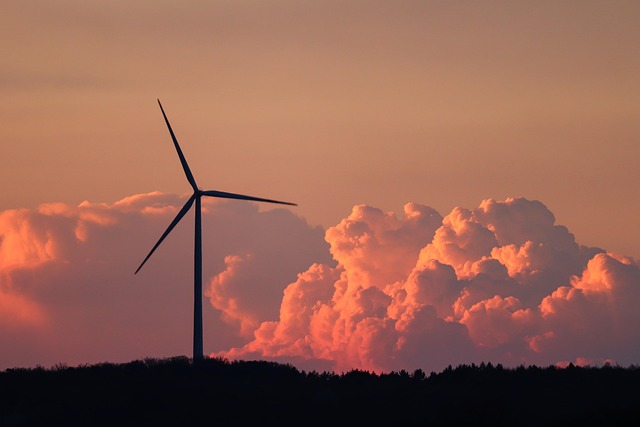Empowering Environmental Equity Through Climate Justice in Green Energy
As the world rapidly shifts towards sustainable solutions, the green energy sector has become a beacon of hope for a cleaner future. Yet, beneath the promise of renewable technologies lies a critical challenge that we can no longer afford to overlook: the urgent need for climate justice. This concept transcends simply reducing carbon emissions; it demands that the transition to green energy is fair and equitable, ensuring that marginalized communities are not left behind.
Environmental equity is more than a goal—it’s a moral imperative. Historically, low-income and minority communities have borne the brunt of environmental hazards, from toxic pollution to climate disasters. Now, as governments and corporations invest billions into renewable infrastructure—solar farms, wind turbines, and battery storage—there is a profound risk that these advancements could replicate existing inequalities unless climate justice is central to every decision.
Imagine living in a neighborhood where your air is clean, your energy affordable, and your environment safe from climate extremes. This vision can be reality, but only if we empower those most affected by climate change to have agency in the green energy revolution. Access to clean energy should not be a privilege, but a guaranteed right. For many vulnerable communities, energy poverty remains a harsh reality, leaving families to face difficult choices between heating homes and putting food on the table.
True climate justice requires inclusive policies that prioritize community benefits—job creation, affordable clean energy, and resilience building. When frontline communities participate in planning and decision-making, green energy projects become more effective and equitable. This approach nurtures trust while fostering innovation rooted in lived experience.
Moreover, the green energy transition presents an unparalleled opportunity to address systemic inequality. Green jobs can revitalize economies historically marginalized by industrial decline. Training and hiring practices that focus on underrepresented groups can create pathways toward prosperity while combating climate change.
By weaving climate justice into the very fabric of green energy development, we not only protect our planet but uplift humanity. Every wind turbine erected, every solar panel installed, carries with it the potential to heal wounds long inflicted by environmental neglect and social injustice. The call is clear: to achieve environmental equity through climate justice, green energy must be inclusive, accessible, and just for all.




